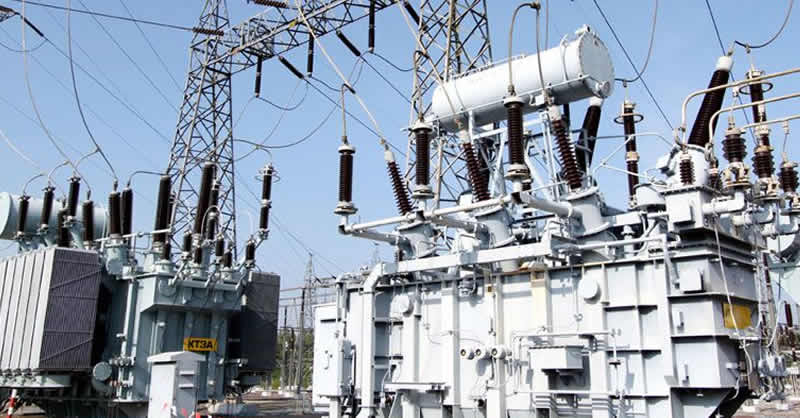In February 2024, Nigeria faced a significant challenge with its electricity supply, as the available generated electricity dropped to a mere 3,957.16 megawatts. This decline in power generation was attributed to the inconsistent power supply nationwide, as revealed by the Nigerian Electricity Regulatory Commission’s Factsheet on the operational performance of grid-connected power plants.
Despite having 26 grid-connected plants in operation, only 2,642.09 Gigawatt hours of electricity were generated during the period under review. This shortfall in power generation has had a direct impact on electricity consumers served by the nation’s 11 electricity distribution companies, leading to prolonged power outages and disruptions.
The Minister of Power, Adebayo Adelabu, expressed his concerns over the country’s struggle to generate sufficient electricity, citing a shortage of gas supply as a major contributing factor. He highlighted that Nigeria had been unable to surpass the 4,000 megawatt mark in recent months and set a target of reaching 6,000 megawatts within the next three to six months.
This ambitious target echoes a similar goal set by the Nigerian government back in 2016, emphasizing the ongoing efforts to improve the country’s power generation capacity and address the challenges facing the energy sector. Despite these challenges, Nigeria remains committed to enhancing its electricity infrastructure and ensuring a more reliable and sustainable power supply for its citizens.
As Nigeria continues to navigate its energy landscape and strive for greater energy security, the need for innovative solutions and strategic investments in the power sector becomes increasingly apparent. With a growing population and expanding economy, the demand for electricity in Nigeria is only expected to rise, underscoring the importance of addressing the underlying issues affecting power generation and distribution in the country.
